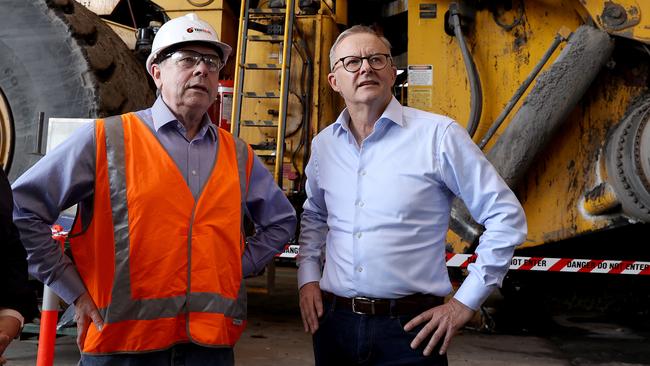
History never repeats itself but history should not be forgotten. The Hawke-Keating era aside, federal Labor governments have displayed a deep suspicion of resource industries, an ignorance of the sector, a compulsion to intervene to impose new rules in the public interest, and a profound conviction the politics of intervention works in Labor’s favour and against the industry.
For Whitlam and Rudd these judgments proved disastrous. To a lesser extent Bill Shorten, ALP leader at the 2019 election, became a casualty in his hostility to the Adani mine located in Queensland’s Galilee Basin.
The political DNA of federal Labor seems to include a syndrome of resistance and retaliation against the sector that for years saw federal Labor perform dismally in the big resources states of Queensland and Western Australia, a situation only partly reversed at the 2022 election. Whether Albanese Labor breaks from or merely repeats the cycle hangs in the balance.
The longevity of Labor’s resources sector problem is remarkable. Federal Labor seems chronically uncomfortable with an extractive industry that enjoys hefty profits, faces competing environmental and Indigenous interests, has significant foreign ownership, possesses a global reach, is basic to the nation’s comparative advantage and now occupies the frontline in Labor’s headlong transition to renewable energy. These factors seem to constitute a cultural chasm.
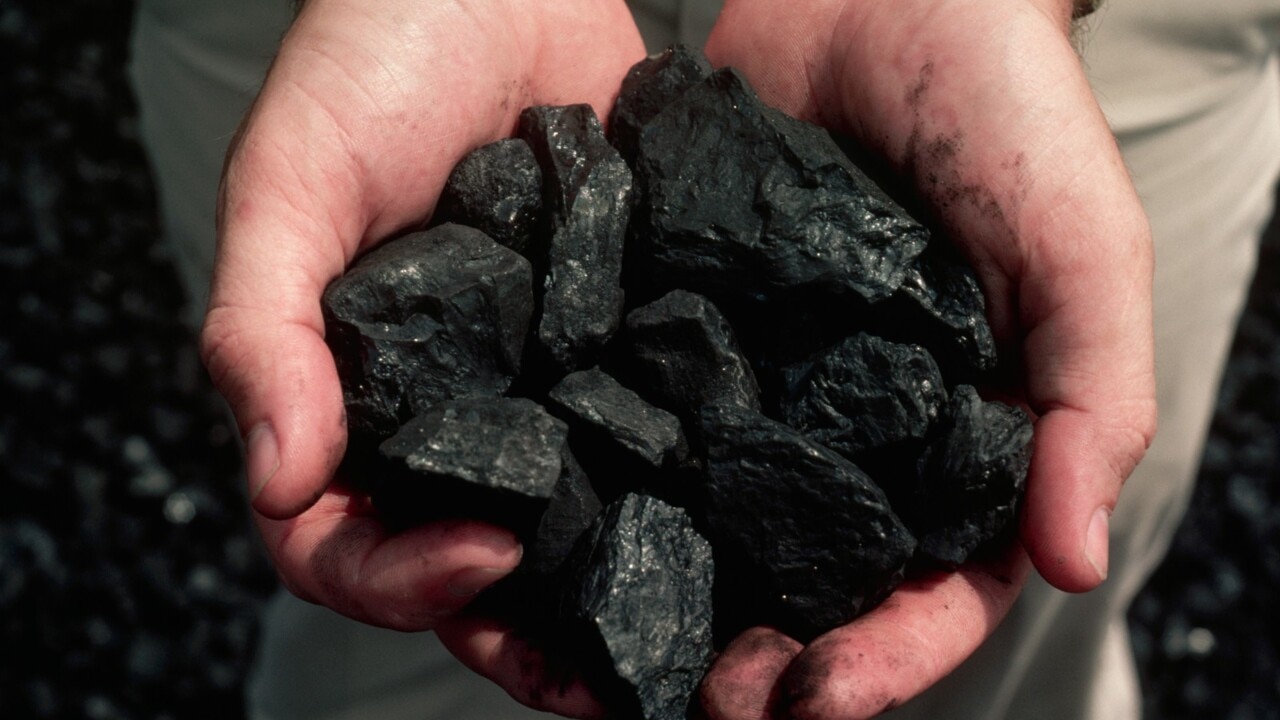
Among the city-based, progressive, pro-Greens legions, hostility towards the resources sector is embedded as a badge of honour that transcends rationality. It is captured in the ceaseless campaign of the Greens to extinguish the fossil fuel industries with Australian Greens leader Adam Bandt hailing Labor’s new gas pricing policy as “the beginning of the end for gas”.
For successive Labor governments the resources sector has been too consequential to ignore yet too offensive to Labor’s beliefs and instincts.
It is long forgotten that Whitlam’s resources policy was pivotal to his failure as prime minister and that long before the 1972 election Whitlam and his future minerals and energy minister, Rex Connor, had laid the framework for one of the most astonishing economic revolutions in our history, a revolution that was thwarted.
Their vision was driven by state control. As early as 1966 Whitlam said the federal government’s role was “to discover and process minerals” with state governments and private industry.
Connor, in his famous political epitaph, declared: “I have stood in the path of those who would have grabbed the mineral resources of Australia.”
Governing during the early 1970s OPEC oil shock, Connor, a pro-development minister, sought to become the chief executive overlord of the resources sector backed by his departmental head, Sir Lenox Hewitt. Connor’s purpose was a massive intervention to allow government to determine the industry’s direction by price controls, investment initiatives, a government authority to develop and sell resources, the substitution of natural gas for fuel oil, and support for a uranium industry.
Convinced he knew the industry better than its leaders, Connor dismissed them as “mugs and hillbillies”. His pursuit of a $US4bn overseas loan – which became basic to Labor’s political destruction – was integral to his vision. Indeed, Graham Freudenberg, in his history, called the loan “the logical extension of the philosophy Whitlam had been developing”.
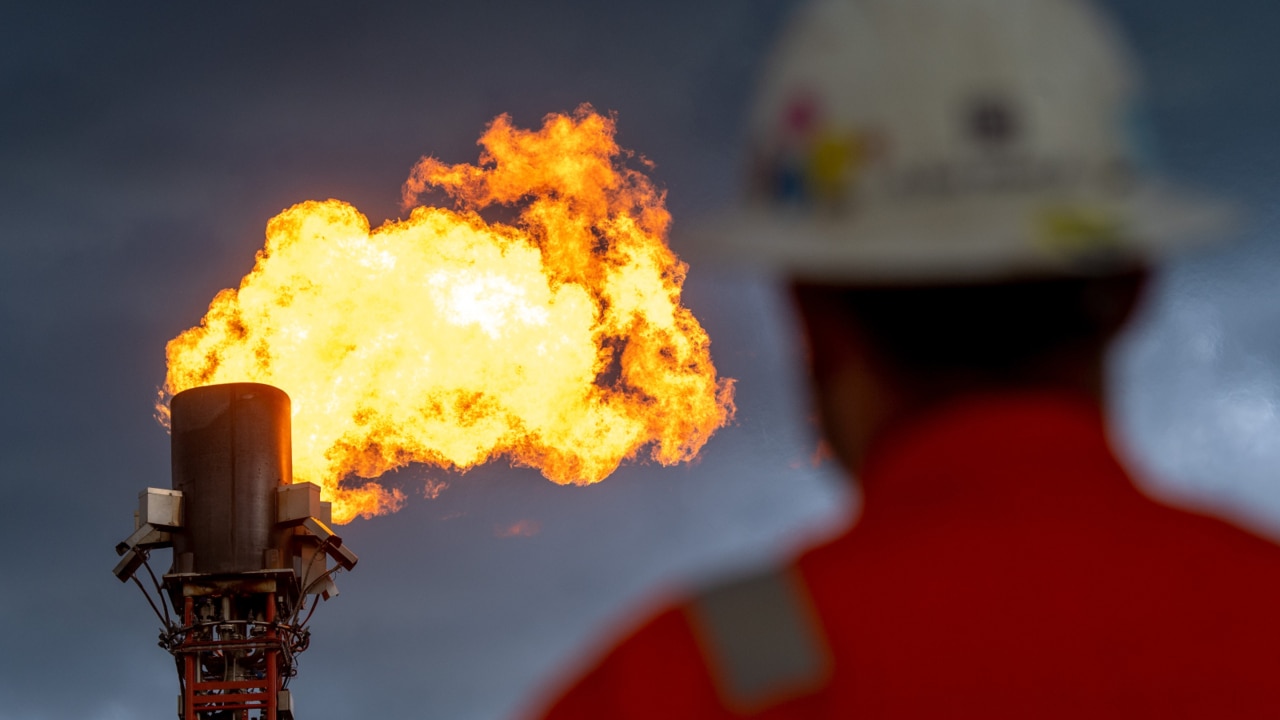
Whitlam and Connor made two core miscalculations: believing massive government intervention would successfully redirect the industry when it only led to a supply and investment strike; and believing their interventions would be a political triumph when it only hastened their demise.
In my book Triumph and Demise, on the Rudd-Gillard government, I argued that Rudd would have probably led the government to the 2010 election if not for the damage done by the proposed mining tax. The then head of the Prime Minister’s Department, Terry Moran, said: “It’s one of the biggest own goals I’ve seen.”
The Rudd government shocked the industry with its tax design, convinced it had a political winner based on redistribution and fairness. The industry had accepted the principle of the tax, and Minerals Council of Australia chief Mitch Hooke said the notion was “almost incontestable”. Yet Labor overreached fatally and was haunted by this failure up to the 2013 election.
The idea arose from the Henry tax review. Treasurer Wayne Swan chose to run on the mining tax, alert to the emerging resources boom Mark II. For Labor, the case for the tax seemed inarguable. Under its complex and contentious design, devised by Treasury, the government in effect became a silent partner sharing 40 per cent of the costs and profits.
Rudd’s sheer distaste for the mining leaders, notably BHP Billiton, the largest taxpayer in Australia, was conspicuous. When he heard the details of the tax, resources minister Martin Ferguson said: “It won’t work. I felt like resigning.” There were just nine quick days between the release of the tax and its incorporation into the budget – the industry, having been promised full consultations, felt ambushed and betrayed.
The companies said ministers didn’t understand the tax and the Canberra-based Treasury was too theoretical. The government was uncertain whether to sell the tax as an economic reform or as a soak-the-rich populist pitch, so it tried both. It belted the miners and praised itself as a reforming government. Then Treasury chief Ken Henry said of Labor: “They thought the resources tax was a deadset political winner for them.”
Rio Tinto’s chief at the time, David Peever, said: “In 33 years working in the resources sector I had never seen such anger on the part of mining companies.” In The Sydney Morning Herald, Peter Hartcher wrote: “Rudd wanted a fight. That’s the whole point.”
Rudd exaggerated his strength and underestimated the damage from a process that looked incompetent. Labor mythology started to take hold: a good government falling prey to an evil, multinational industry. The mining advertising campaign in retaliation was tough, astute and forced a rethink by the Gillard government.
For far too long federal Labor governments dealing with the resources sector have displayed gross policy ineptitude, an inability to grasp the consequences of their decisions and astonishing political arrogance. None of this denies their motivation of acting in the public interest.
The exception, as usual, was the Hawke-Keating era when the government introduced the successful petroleum resource rent tax operative from 1988, a profits tax based on the concept of economic rents – opposed by the industry at the time – but now warranting review and extension as Treasurer Jim Chalmers has signalled.
In the past week the Albanese government introduced in the teeth of industry hostility a 12-month cap on gas and coal prices plus a longer-run price control system. If the similarities between the Albanese government’s intervention and those of past Labor governments are striking, then so are the differences. Albanese must decide what sort of relations he wants with the sector. The viability of Labor’s policy will hinge on its actual impact. Meanwhile, if Albanese is prudent, he will remember the history.


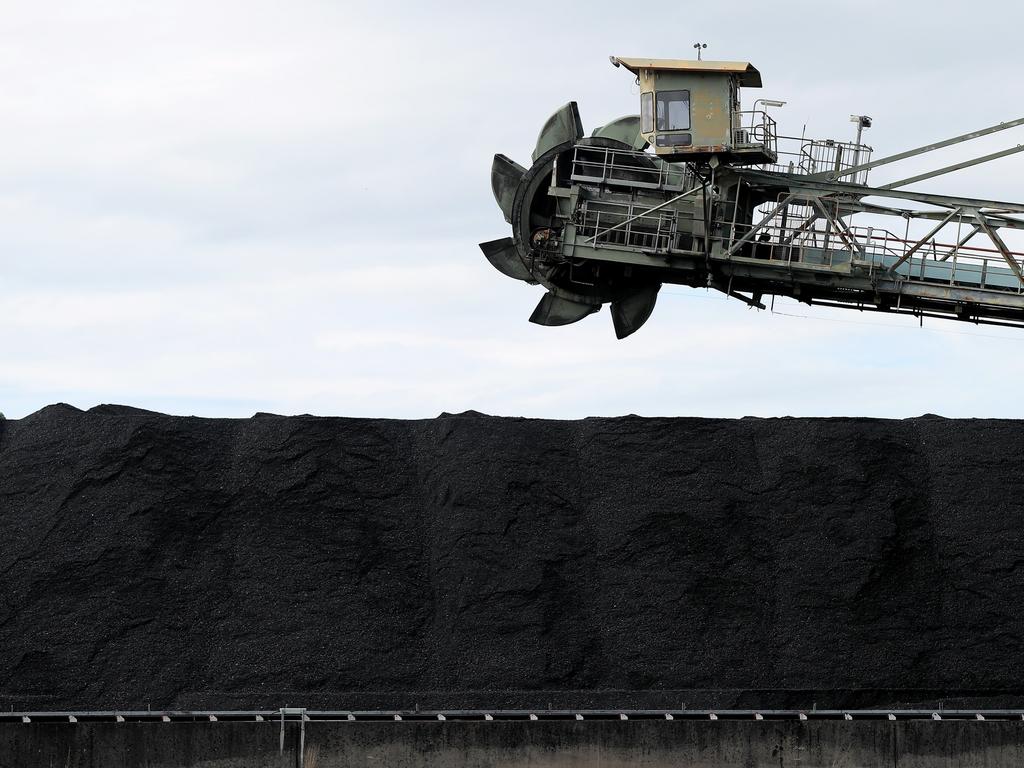
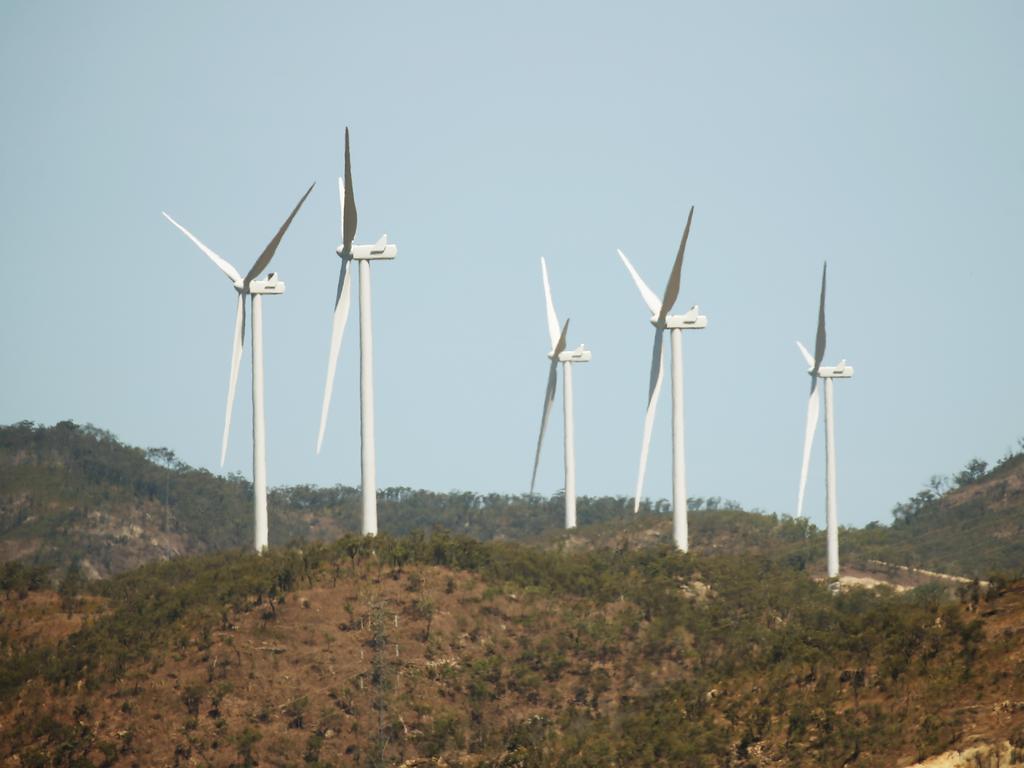
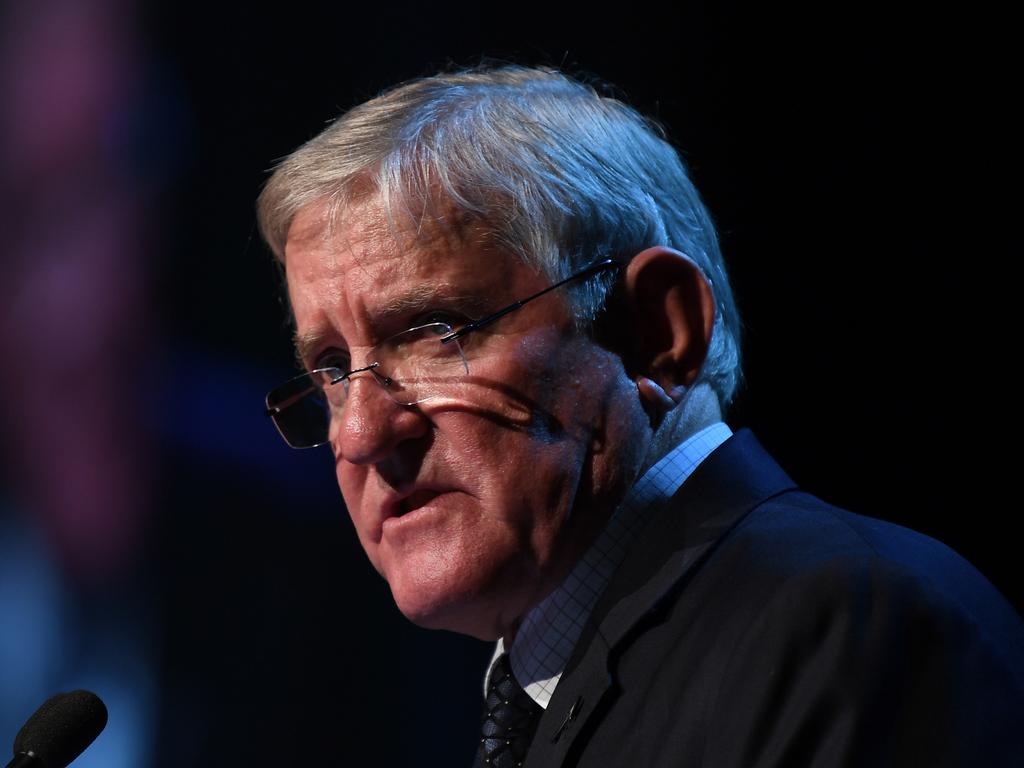
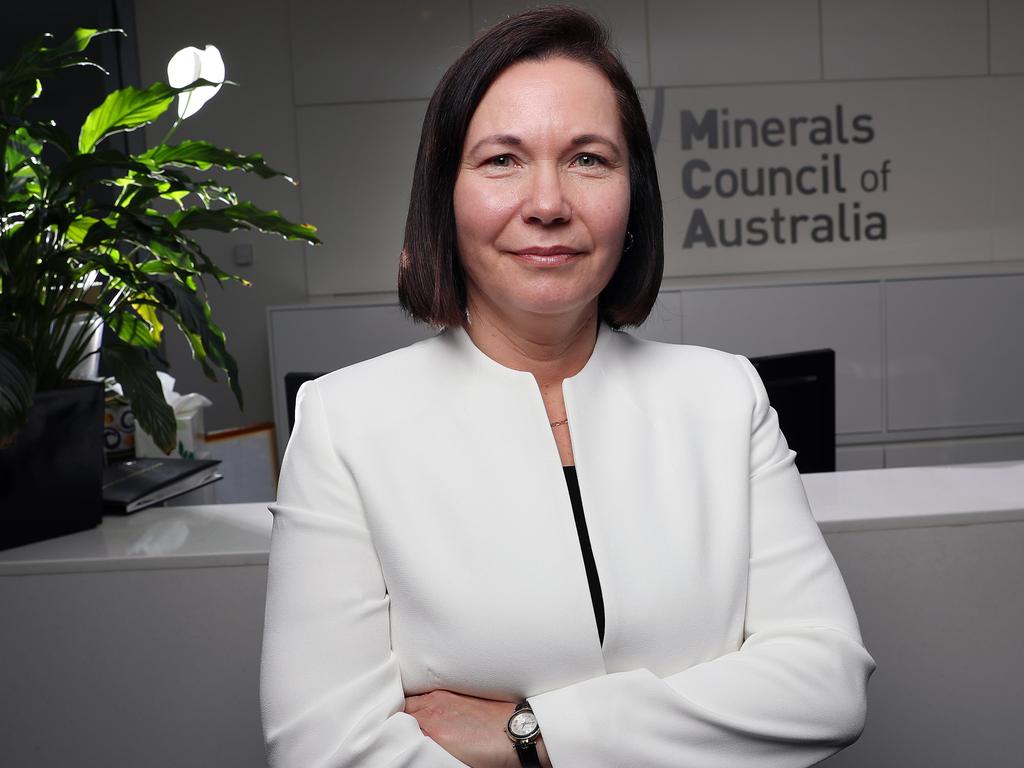


Anybody remotely aware of the history of Labor governments over 50 years knows the destruction of Gough Whitlam and Kevin Rudd as prime ministers was tied to their arrogance and ineptitude in dealing with the resources sector – a narrative now worth recalling.